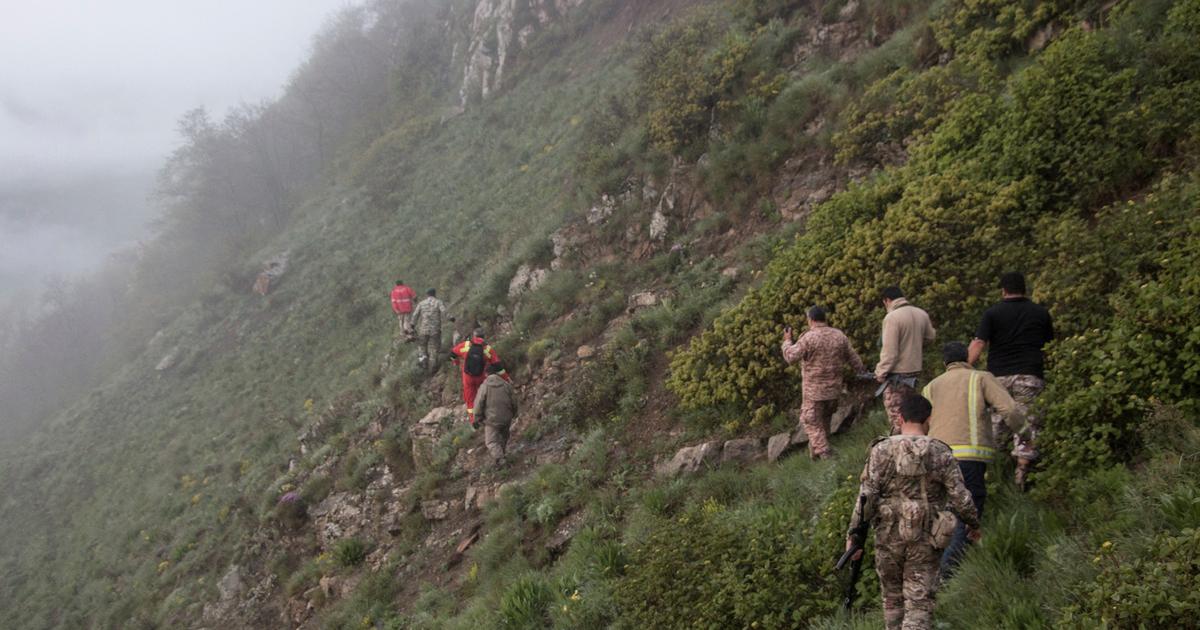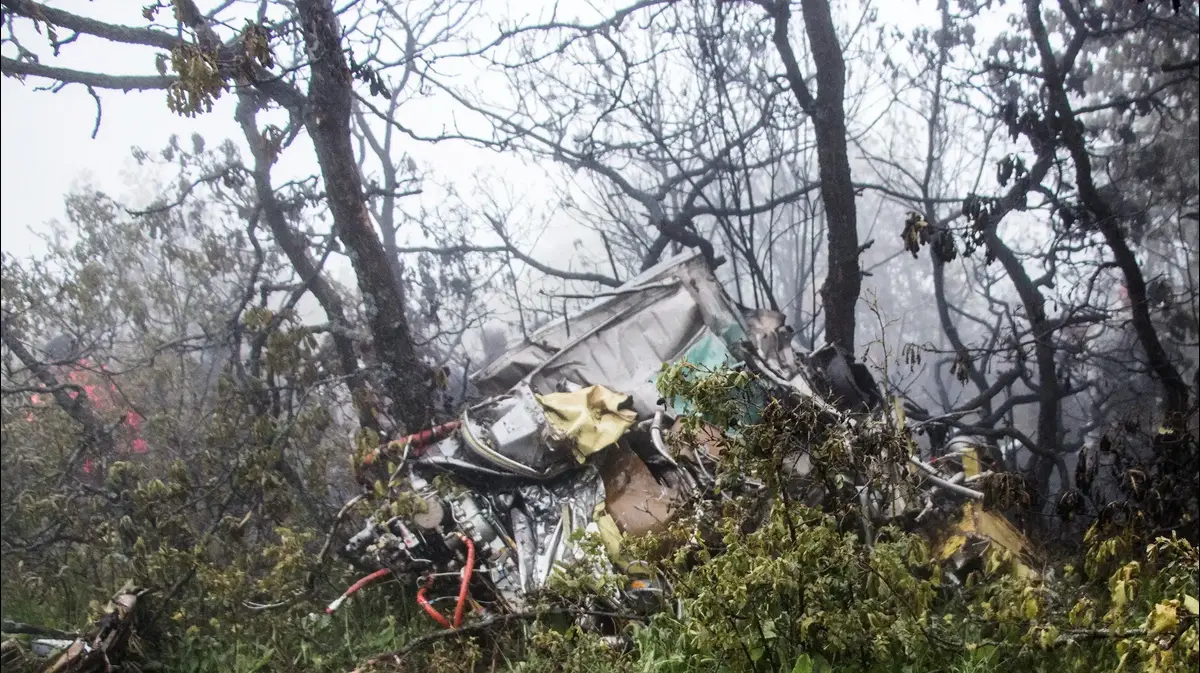Ebrahim Raisi's Death Sparks Geopolitical Speculations
The tragic death of Iranian President Ebrahim Raisi in a helicopter crash has sent ripples throughout the geopolitical landscape, raising questions about Iran's future political direction. On May 20, Iran's head of state was officially declared dead following the incident. In the wake of his death, experts suggest that while the nation experiences a phase of mourning and potential instability, Iran's foreign policy is unlikely to shift drastically. The powerful Revolutionary Guards and the spiritual leader Ayatollah Ali Khamenei are expected to maintain their grip on strategic decisions.
National and International Reactions
Ayatollah Ali Khamenei has declared five days of national mourning for Raisi and authorized Vice President Mohammed Mochber as the interim head of state. Funeral services are planned, and a date for the actual funeral is yet to be announced. On the international front, Russian President Vladimir Putin expressed his sorrow, calling Raisi a 'true friend of Russia.' Putin emphasized Raisi’s contributions to strengthening Iran-Russia relations, particularly in the context of military support and collaboration against the West in Ukraine. Meanwhile, there have been accusations against Iran for supplying drones to Russia, a point of contention with Ukraine.
Domestic Unrest and Mourning Period
In Germany, Raisi's death has also sparked protests. Demonstrators gathered in front of the Iranian embassy in Berlin, denouncing the regime and expressing hopes for political change. Posters highlighted Raisi’s infamous role during the 1988 massacre, referring to him as the 'blood judge.' This sentiment was echoed by politicians in Germany, who suggest that the internal power struggles within Iran might intensify as factions vie for influential positions. Nonetheless, experts like Farid Vahid from Fondation Jean Jaurès argue that substantial changes in Iran's foreign policy will only occur if there is a significant regime change. The dominance of Khamenei and the Revolutionary Guards ensures a continuity in the current geopolitical stance.
Furthermore, Israel has distanced itself from any involvement in the crash, with reports indicating that the state's policy towards Iran is not expected to change significantly. This aligns with statements from multiple experts who believe the Revolutionary Guards will continue to influence Iran's strategic decisions, particularly relating to its alliances with groups like Hezbollah and Hamas.
Historical Context and Future Prospects
Ebrahim Raisi's tenure was marked by brutal crackdowns on dissent, notably against women-led protests, earning him the nickname 'Butcher of Tehran.' His administration was steeped in controversy due to repressive measures and human rights violations. However, despite his death, the path forward for Iran remains shrouded in uncertainty. Raisi was seen as a staunch conservative, and his departure creates a power vacuum that could lead to further internal conflict. The upcoming elections within 50 days will be crucial in determining the next steps for Iran’s government.
While many Iranians and international observers hope for less repressive governance, realistic expectations point towards the Supreme Leader appointing another hardliner to continue Raisi’s legacy. This is particularly relevant given the ongoing geopolitical tensions in the region, including the conflict in Gaza and the ramifications of the Russia-Ukraine war.
- Raisi was not only a political figure but also a symbol of Iran’s hardline stance. His reputation for severe repression and adherence to strict Islamic principles made him a divisive character within Iran and beyond.
- The helicopter crash that claimed Raisi’s life also resulted in the death of Foreign Minister Hossein Amir-Abdollahian, compounding the leadership crisis in Iran. This event has forced Iran to rely heavily on its interim leadership until the elections take place.
- The immediate aftermath of the crash involved extensive search and rescue operations, with support from neighboring countries like Turkey. Despite challenging weather conditions, teams worked tirelessly to locate the wreckage and recover the bodies.
- The international community is closely watching the developments in Iran, particularly how the internal power struggles play out. Allies and adversaries alike are concerned about the impact on regional stability and international relations.






